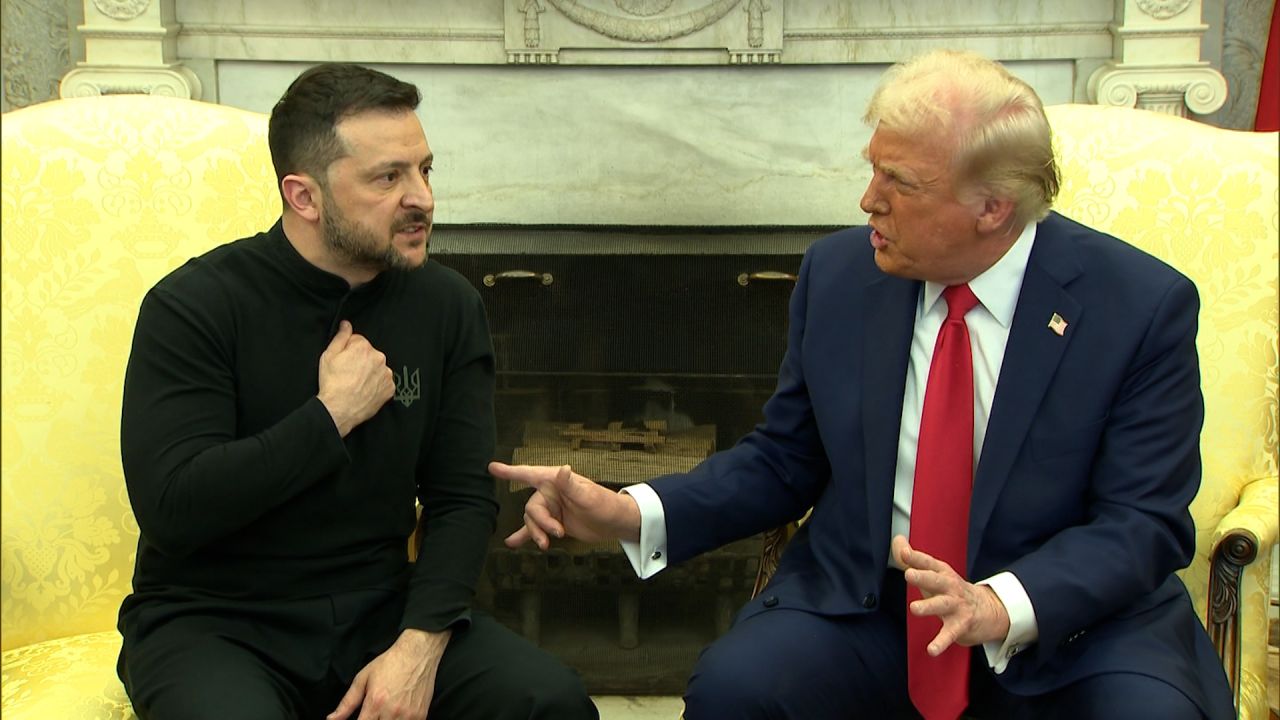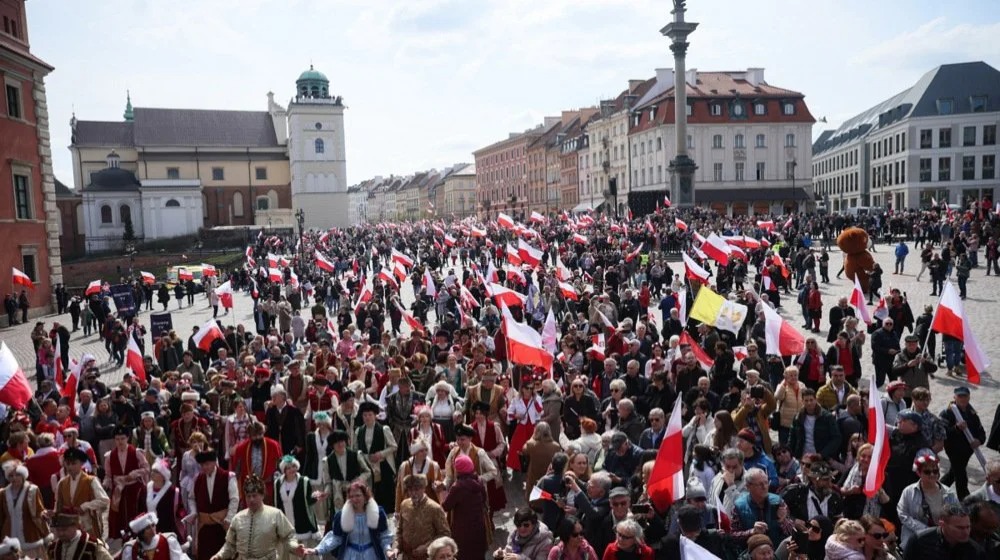
From what does peace in Ukraine depend: Who benefits from prolonged negotiations, and who from a ceasefire
From "in one day" to "in the first 100 days" or "six months" – U.S. President Donald Trump's assurances that he could quickly reach a deal and end the war in Ukraine have collided with the wall of reality. Now both Moscow and Kyiv declare they are ready for talks without preconditions – but the demands of the former and the red lines of the latter are in conflict.
Political scientist and associate of the Carnegie Russia and Eurasia Center, Maksim Samorukov, believes that "Russia wants to prolong the negotiations as long as possible."
“Because if a ceasefire is agreed upon, it would benefit Ukraine, as Russia currently has the advantage on the battlefield, but the negotiation process itself benefits Russia. Negotiations, as long as they last, undermine American support, prevent Washington from providing additional financial aid, and create new problems in U.S.-Europe relations. Putin and the Kremlin are primarily interested in dragging out the talks as long as possible, and for that purpose, they need to show some goodwill, announce ceasefires, offer minor concessions, and agree to negotiations without preconditions,” says Samorukov.
Political scientist and journalist Boris Varga believes that “Putin is using a hot-and-cold strategy.”
“He agrees to Trump’s peace deal but does not yield—instead, he applies pressure. Putin’s message is: give me what I want, or there will be even more casualties in Ukraine. Putin cannot stop the war until he controls the territories he annexed, for which he even changed the constitution of the Russian Federation,” he says.
Varga adds that this is “the main thesis of these peace negotiations.”
“Putin cannot stop the war until he brings the annexed territories under control. Just as after the annexation of Crimea, Putin then waited eight years, calculated the next move, and struck again—and he will strike again. As long as he doesn’t control what is enshrined in the constitution, Putin is a loser,” says Varga.
Samorukov believes that “Russia’s main goal in these negotiations is to isolate the Ukraine issue from other issues in its relations, primarily with the U.S., but also with the entire West.”
“Russia wants to demonstrate that it is ready to restore at least partial cooperation with the U.S. and to convince Washington that Ukraine should not be the sole issue in bilateral relations. Russia is conducting these talks to show the current American leadership that it is a constructive force and that America can have relations with Russia,” says Samorukov.
Speaking about Trump’s statement that he could withdraw, Samorukov says that “this was an American threat directed at Ukraine.”
“It’s not a threat to Russia – Russia has for years insisted that the U.S. should not be involved in the Ukrainian crisis at all. One of Russia’s goals in this war is to push the U.S. out of the region, out of Eastern Europe,” he says.
Varga believes it was “a pressure message, not only on Europeans and Ukraine, but also on Putin.”
“For Putin, the American president is a unique opportunity to end the war in the way he thinks possible. On the platform of peace negotiations, Trump and Putin also negotiate business arrangements. The bitter experience with Afghanistan suggests that this may not be an empty threat—there could be an American withdrawal, and Putin could gain a dangerous advantage on the battlefield,” he says.





